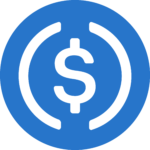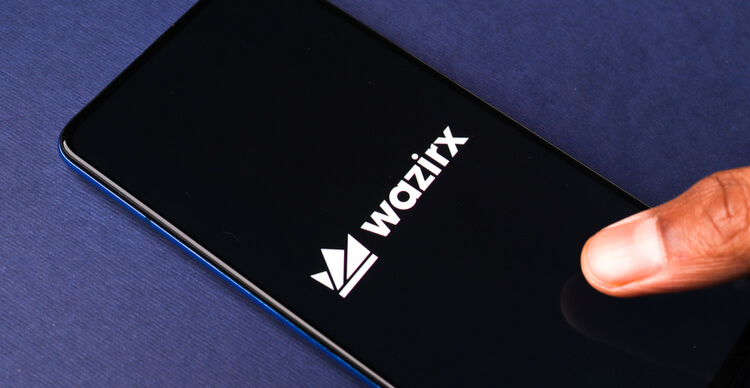USDC is a stablecoin backed by the US dollar. We have talked about Tether as a stablecoin in another article, and it is interesting to know that the USD coin is the latest stablecoin pegged to the US dollar. It was developed in 2018 by a Fintech company called Circle.
Circle in 2021 announced that it is trying to become a national digital currency bank in the world. If you are interested in stablecoins, you can use USDC as an alternative to USDT and TUSD (TrueUSD). Keep reading to understand everything about the USD coin.
What is USDC or USD Coin?
USDC is a stablecoin that has a fixed value of $1 per coin. Just like any order stablecoin USD coin is also backed by a Fiat currency, the US dollar. Since USDC is always worth $1, it is very safe and secure. Storing USD coins in a cryptocurrency wallet is similar to a traditional savings account in the bank.
USDC will help you facilitate their use cases over the internet, and you can convert it back to USD.
How Does USDC Work?
USD coin operates on the Ethereum blockchain, a blockchain that lets developers create different apps and tokens using the infrastructure of the Ethereum blockchain.
As long as you use USDC, you do not need to transfer US dollars to USD coins.
But the essential thing about USDC is that they have a real-life value. Circle guarantees that for every USD coin inexistent, there will be a US dollar in reserve.
How To Use USDC?
As you know, USDC is a 1:1 ratio of one US dollar that runs the Ethereum blockchain. USD coin is an ERC-20 token.
You can use stablecoins like USD coins to:
Short cryptocurrency without cashing out.
Buy cryptocurrency.
Cut the hands of the institutions and instruments.
Avoid hyperinflation in countries like Venezuela
Send money abroad quickly
Buy dApps
How To Mine USD Coin?
The main difference between USDC and other stablecoins with Bitcoin is, they are not issued through mining. For instance, whenever a person deposits 100 US dollar into his USDC account, 100 USD coin is mined. The process of converting US dollar into USDC is called tokenization, which happens in the following order:
The investor sends Us dollars to the token issuer bank account.
The bank uses a USDC smart contract to create the same amount of USDC.
The bank will transfer USD coins to the users’ compatible wallets, and the substituted USD will remain in reserve.
What Is The Difference Between USDC and Other Forms of Stablcoins?
There are different types of stablecoin in the market. We are going to discuss them in the following:
Fiat-collateralized
Fiat currency backs these types of stablecoins. Tether (USDT), TruUSd (TUSD), and Gemini Dollar (GUSD) are some examples of this type of stablecoins.
Crypto-collateralized
The value of these types of stablecoins is pegged to reserved cryptocurrency assets. Makercoin (MKR) and DIA Crypto-collateralized stablecoins.
Algorithmic non-collateralized
These types of stablecoins are software-based economic models. There is no collateralized asset in this category. Examples: Basis; Fragments.
Hybrid
These types of stablecoins use a blend of the above approaches. Carbon, for example, is a Hybrid stablecoin.
Similar Stablecoins
In this section, we are going to list similar projects to USDC on the crypto market:
- Tether
- TrueUSD
- Gemini Dollar
- Paxos Standard Token
- Dai
- bitEUR
- bitCNY
- uUSD





